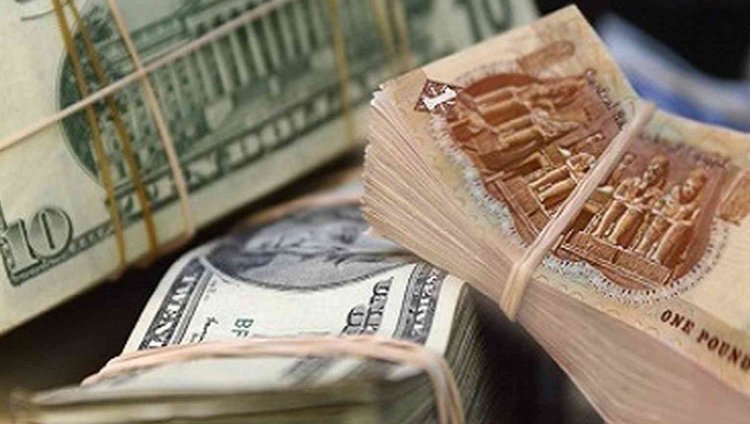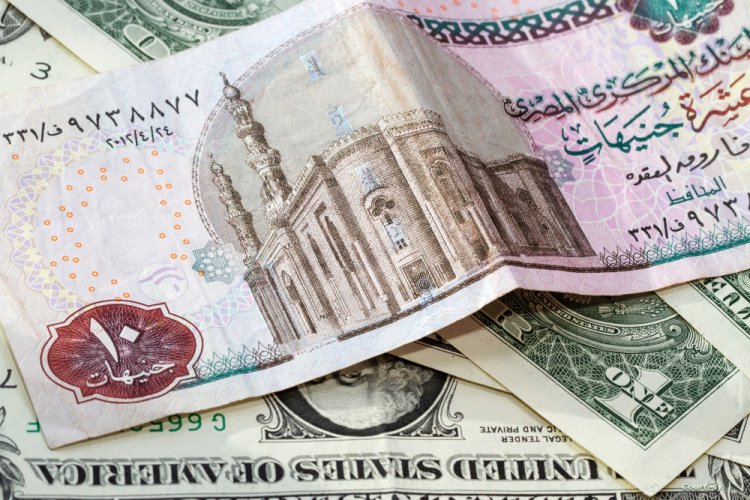Will the flotation save Egypt from Moody's downgrade of its credit rating?

Moody's has placed the Egyptian government in an economic impasse that may affect its future for issuing international debt instruments.
Although Moody's postponed the issuance of its review of the credit rating of the Egyptian economy, which was close to putting the government in crisis due to the downgrade, and placed it under negative review for an additional three months, the situation does not look good.
Consequences of a credit rating downgrade
This month, Moody's placed Egypt's sovereign credit rating in both local and foreign currencies and the outlook under negative review for an additional three months, which compels the government to expedite the implementation of economic reforms to attract the dollar and fulfill its foreign obligations.
Moody's stressed the need to target stability in the net foreign assets of the banking sector and increase the country's foreign exchange resources, especially the most sustainable ones that are not linked to borrowing, such as increasing the proceeds of commodity and service exports and foreign direct investment.
debt instruments were affected
In the event that the global Moody’s Corporation resorted to downgrading Egypt’s credit rating, this would lead to an increase in the volume of risks related to the issuance of various debt instruments such as bonds, treasury bills, and sukuk, which would make selling them in the global market difficult.
According to a previous statement by the Deputy Minister of Finance for Financial Policies, Ahmed Kajouk, the government aims to strengthen the role of the private sector and increase its contributions to economic activity by implementing the procedures and reforms required to improve the business environment and increase competition, in order to achieve strong and sustainable growth rates during the coming period, mainly driven by the private sector.
He stressed the need for concerted efforts by all state agencies to encourage and attract private sector investments, including direct foreign investments, and push the export sector and productive activities.
saving dollars
Moody's stressed the need to stabilize the net foreign assets of the banking sector and increase the country's foreign exchange resources, especially those that are not linked to borrowing, such as increasing the proceeds of commodity and service exports and foreign direct investment.
Economist Dr. Medhat Nafeh says that Egypt’s 3-month grace period by Moody’s for credit rating was only mentioned by the Egyptian Minister of Finance, Dr. Mohamed Maait, especially since Moody’s original report did not specify a specific timing, but Egypt is on the waiting list due to the crisis it is suffering. Including saving dollars.

In a statement to Vision News Network, he pointed out the need for Egypt to implement a number of things, the most important of which is the flexibility of the exchange rate, the absence of two prices for the dollar, and the completion of the exit plan from government companies that began, especially since had it not been for Egypt selling shares in its companies recently at $ 1.9 billion, it would have been Moody's issued a negative report against Egypt and downgraded its credit rating.
Theses programme
He added that if Egypt completes the offering program and sells more companies at the present time, the evaluation will be positive, which is a fait accompli, especially since the government will have a dollar proceeds that must not be less than one billion dollars in order for the dollar to be moved by a rate that will not be large, in addition to the condition of flotation that Developed by Egypt is to have a dollar proceeds.
Dr. Ahmed El-Sayed, an economist and international finance expert, said that Egypt’s losses from downgrading its credit rating will be doubled if it fails to secure what it needs of foreign currency and take the step of floating, pointing to the high risks of obtaining foreign currency by offering debt instruments for sale in global markets. Consequently, the interest rate will rise, and we may witness a reluctance to buy it, except under conditions that will exacerbate the suffering of the Egyptian economy.
Selling urgent stakes in companies
In a statement to Roya News Network, Al-Sayed explained that the pace of exit from government companies must be accelerated, especially those that can achieve great value, such as selling Telecom Egypt’s stake in Vodafone Egypt with selling a large stake in the Eastern Company for Tobacco, which can save about 4 billion. Dollars, especially since Egypt has committed itself to selling companies for $5 billion before the end of the year, and it needs $36 billion until the end of 2024 to pay debt installments only.

El-Sayed stressed the need for political pressure on the International Monetary Fund to implement the terms of the agreement and disburse the prescribed tranches of the loan that Egypt agreed with, while ignoring the negative circumstances that affected the implementation of many of the fund’s requirements, especially since the whole world is going through an economic crisis.
He pointed out the necessity of reconsidering the structure of Egypt's foreign debt and working to drop a large part of it, especially since this is a global trend due to the economic crises that countries suffer from, as a result of the consequences of the Corona virus crisis and the Russian-Ukrainian war, and the resulting negative economic consequences for all economies of the world.


 Shrouq
Shrouq 












